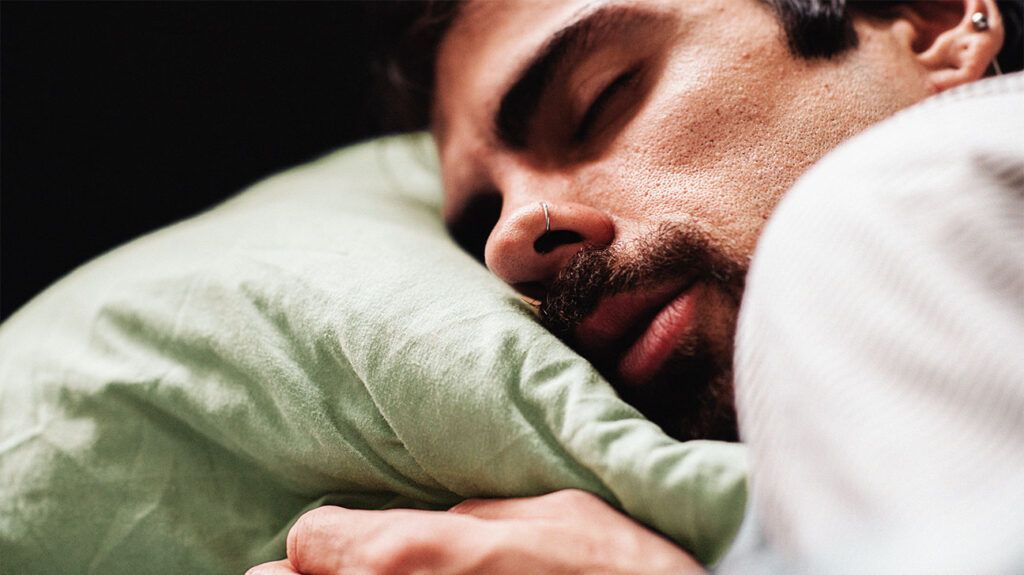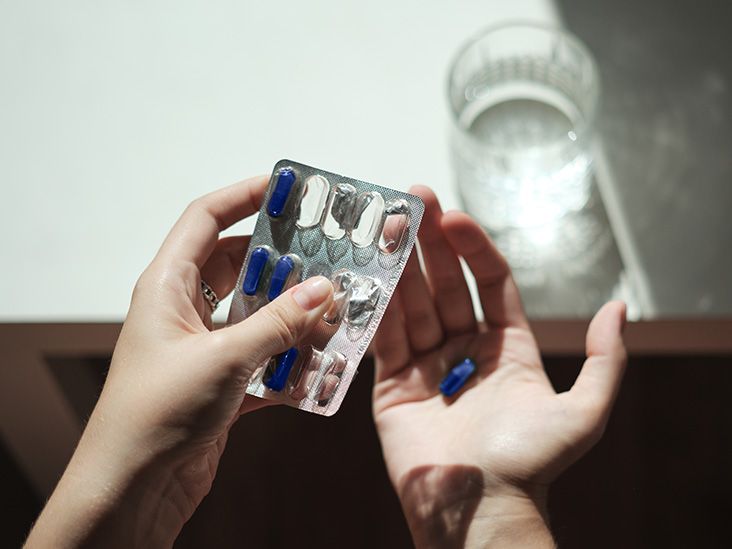Scientists have developed several treatments for sleep maintenance insomnia. These include cognitive behavioral therapy and medication. Avoiding nighttime drinking, especially caffeine and alcohol beverages, can also help.
Sleeping maintenance insomnia occurs when people wake up multiple times during the night. This form of insomnia can also make it hard for individuals to fall back asleep after these nighttime wakes. This article reviews treatments and tips for sleep maintenance insomnia. It also discusses the diagnosis and outlook for this condition.

According to the
- using cognitive therapy to reduce anxiety about falling or staying asleep
- using relaxation or mediation therapy to improve the likelihood of quality sleep
- learning about optimal sleep habits
- using sleep restriction therapy, which trains the mind to associate sleeping with fixed hours
- using stimulus control therapy, which helps the mind associate the bed with sleeping
Medications can also help treat sleep maintenance insomnia. These include:
- benzodiazepines
- benzodiazepine receptor agonists, such as zolpidem, zalepon, and eszopiclone
- melatonin receptor agonists, such as ramelteon
- orexin receptor antagonists, like suvorexant
Some people take antihistamine-containing products as sleep aids. The NIH recommends talking with a doctor about doing this beforehand.
The
- Making the bedroom sleep-friendly: Sleeping in a cool, quiet, and dark place can help maintain sleep. Avoiding watching TV or looking at electronic devices in bed can also help because the light from such devices may disrupt the sleep-wake cycle.
- Keeping a regular sleep schedule: Maintaining regular sleeping and waking hours is important, even on weekends.
- Avoiding certain substances around bedtime: These substances include caffeine, nicotine, and alcohol. Alcohol can make falling asleep easier but can also cause a lighter sleep. This may increase the risk of waking during the night. Limiting drinking liquids in the evening can also reduce the risk of nighttime trips to the bathroom.
- Getting regular physical exercise: The best time for exercise is at least 5 to 6 hours before going to sleep.
- Avoiding naps: Naps can lead to people sleeping for fewer hours at night. This is especially true of afternoon naps.
- Keeping to regular meal times: As well as keeping a regular mealtime, avoiding late-night dinners can also help.
- Learning stress management techniques: These can be simple approaches before bedtime, such as reading a book, listening to relaxing music, or taking a hot bath. Massage therapy, yoga, and medications can also help.
- Avoiding sleep-disrupting medications: When possible, it may help to limit medications that can disrupt a person’s sleep. Individuals can discuss their use of medication with a doctor.
Doctors diagnose sleep maintenance insomnia like any other form of insomnia. According to the
- Sleep studies: These can help rule out other conditions affecting sleep, such as circadian rhythm disorders, sleep apnea, and narcolepsy.
- Actigraphy: This test involves wearing a small motion sensor on the wrist for between 3 and 14 days. The sensor measures periods of rest and activity.
- Blood tests: These can diagnose problems that may affect sleep, such as thyroid conditions.
Anyone who thinks they might have a sleep disorder needs to discuss this with their doctor.
There has not been much scientific research on sleep maintenance insomnia specifically. However, scientists have found some indications about the outlook for this condition.
According to an
What is the root cause of sleep maintenance insomnia?
According to a
What is the 15-minute rule for maintenance insomnia?
As a
Sleep maintenance insomnia occurs when people have difficulties with maintaining a sufficient amount of sleep. Cognitive behavioral therapy for insomnia can be a helpful treatment for people with this form of insomnia. In cases where this treatment does not help, doctors may recommend medication instead.
Several lifestyle tips may improve an individual’s sleep maintenance insomnia. These include avoiding drinking before bedtime, keeping a regular sleep and dinner schedule, and making the bedroom sleep-friendly.


